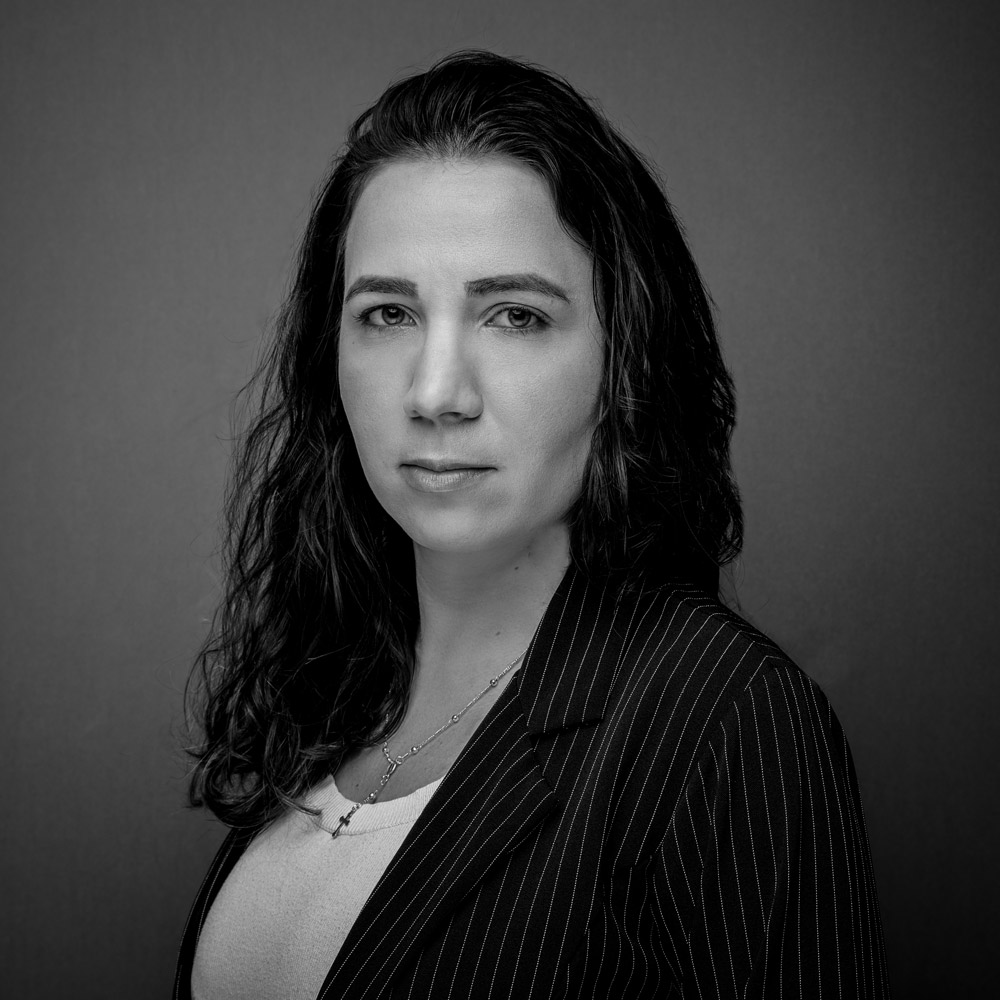What courts take into consideration to determine eligibility of spousal support?
- A spousal support lawyer will advocate on your behalf; the court takes into account the financial means and needs of both spouses, the length of the marriage, the roles of each spouse during their relationship, and current financial positions.
Who has to pay spousal support?
- The spouse who doesn’t need financial support and the one who can afford to pay spousal support, a judge will order the higher-earning spouse to pay support to the lower-earning spouse, independent of their gender.
Do I still have to pay spousal support if my ex is living with someone?
- Sometimes. The judge will take in to consideration several facts. These include the roles performed in the relationship, the duration and stability of your Ex’s new relationship, and any written agreements. More factors include the value to your Ex of any benefit that he or she receives by reason of that new relationship, the existence of any legal obligation on the part of your Ex’s new partner to provide support, the economic circumstances of your Ex’s new partner (and this comparison will sometimes be made in relation to your own, as the paying spouse). Refer to Strifler v. Strifler, 2014 ONCJ 69, 2014 CarswellOnt 1559 (Ont. S.C.).
What happens to spousal support if my ex dies?
- The support will continue to be paid by the estate of you ex, but the estate trustee has the right to apply for the support to stop and the judge may order for support payment to stop, depending on the circumstances.
- This is why it is a good idea to require your spouse to obtain life insurance.
What happens if my spousal support lawyer Toronto can prove that my spouse is hiding his/her income and assets during the divorce?
- If you and your spousal support lawyers can identify hidden income, the court may impute income to your spouse for the purpose of calculating spousal support.
How do I calculate spousal support?
- The majority of courts base their calculations on the Spousal Support Advisory Guidelines. These are ranges of support amounts that change depending on the duration, age and income of the parties. Contact our office to find out where you fall in the range.
Discover More
Reach Out
The Legal Requirements
- Parents can ask for child support when their children are living with them and are dependants. Support is considered the right of the children and it is meant to cover expenses related to food, accommodations and other necessities of the child. There are two types of support payments: the 1) table amount and 2) special or extraordinary expenses.
- Table Amount
The first component of support is calculated based on government issued tables that take into consideration the number of children, the province where the family resides and the income of the person paying the support. The income used to calculate support is the gross annual income, which means that we use the salary earned before paying income tax. There are more complex cases where the support is based on the Table and on other things, but these are rare. The Table Amount is meant to cover clothing, food, and school supplies. The table amount can be changed. For example, a step-parent may pay less child support if another parent also pays support. - Special and Extraordinary Expenses
In addition to the Table Amount, parents have to contribute towards special or extraordinary expenses. These expenses include child-care, medical bills, reasonable expenses that are incurred to meet the child’s educational needs and university. Besides this expenses, the courts will allow parents to seek contribution from the other spouse for reasonable extra curricular activities.
Unified LLP: Leading Spousal Support Lawyers in Toronto
When common-law or married couples separate, it is naturally a fraught and difficult time. The complexities and nuances of the legal process doesn’t make things easier.
That’s why you need a family law lawyer on your side helping you negotiate important considerations like the length of time of payments, the amount, etc.
Whether you’ll be paying or receiving spousal support, it’s important to work with a divorce lawyer in Toronto to help you get the best possible arrangement for you and your family. Get in touch today for a free consultation.
If you are going through a separation and have concerns with respect to conflict in the home, or stability for your children, exclusive possession may provide some relief. Contact Unified LLP for more information or if you require assistance with a separation or divorce. Fill out the request below or call us at 416-222-1673.
Spousal Support Lawyer Toronto FAQ
Alimony vs spousal support, alimony lawyer, alimony attorney, spousal support lawyer – what are the differences?
Alimony vs spousal support is quite simple – they are essentially the same thing, with alimony being the terminology used in the US. Therefore it’s not uncommon to hear someone refer to an alimony lawyer or alimony attorney (attorney being another US-centric term), but ultimately these are all spousal support lawyers.
What does a spousal support lawyer do?
A spousal support lawyer in Toronto assists in legal matters related to allocating support during a divorce. They help advocate for eligibility, negotiate amounts, and represent clients in court, focusing on achieving fair financial arrangements. While the court orders the duration of spousal support and determines the amount, experienced legal counsel can help you achieve a more favourable outcome during the process. If you are in the midst of a separation or divorce, it is advisable to contact an experienced family lawyer.
How do spousal support lawyers determine the amount of support?
Spousal support lawyers reference the Spousal Support Advisory Guidelines (SSAG) when determining spousal support payments. They consider factors like each spouse’s financial situation, length of the marriage, roles during the marriage, age, earning capacity, and standard of living.
Can individuals in a common law marriage apply for spousal support in Toronto?
Yes, individuals in a common law marriage can apply for spousal support. Spousal support can apply to any two persons who are not married to each other but have cohabited continuously for a period of not less than three years, or have cohabited in a relationship of some permanence if they are the natural or adoptive parents of a child.
Are there any legal rules regulating how spousal support is calculated?
Unlike child support, there are no strict legal rules for calculating spousal support. Spousal support lawyers in Toronto rely on the SSAG, but these are guidelines, allowing room for negotiation and individual assessment.
What factors do Toronto spousal support lawyers consider?
Factors include financial means and needs of both parties, roles during the marriage, duration of the marriage, current financial positions, and the potential for each spouse to be financially self-sufficient.
Can a spousal support lawyer help if my former spouse is living with someone new?
Yes, a Toronto spousal support lawyer can assist in such cases. They will consider the roles in the relationship, the duration and stability of your former new relationship, and any written agreements, among other factors.
What happens to spousal support if my former spouse dies?
The obligation may continue to be paid by the former spouse’s estate. However, the estate trustee can apply for the support to stop, and the judge may order a cessation depending on the circumstances.
How does a spousal support lawyer deal with hidden income and assets?
If a spouse is suspected of hiding income or assets, your counsel can request the court to impute income for the purpose of calculating spousal support, ensuring a full and fair accounting of your spouse’s income.
Can Spousal Support Orders be Changed in Toronto?
Yes, spousal support orders can be changed. Modifications can be made if there is a significant change in the circumstances of either party, such as changes in income, employment status, or health conditions. Both parties can agree to a change, or if an agreement cannot be reached, they may seek legal remedies. The court will assess the current situations of both parties and decide if a change in the spousal support order is justified. For more details on how to proceed with changing a spousal support order, it is advisable to consult with a spousal support lawyer in Toronto.
Is spousal misconduct considered in spousal support cases?
Generally, spousal misconduct is not considered when determining support. However, if the conduct constitutes a gross repudiation of the relationship, it may be taken into account.
Under which sections of the Family Law Act and Divorce Act is spousal support governed?
Spousal support in Toronto is governed under Section 33 of the Family Law Act and Section 15 of the Divorce Act. Section 33 of the Family Law Act gives the court the authority to order a person to provide support for dependents and determine the amount of spousal support. Section 15 of the Divorce Act involves similar provisions for married individuals.
What other practice areas do you serve?
We maintain physical offices in both Alberta and Ontario. Our team can provide legal representation as your:
For specific queries and personalized legal assistance, contacting a spousal support lawyer at Unified LLP is recommended.






